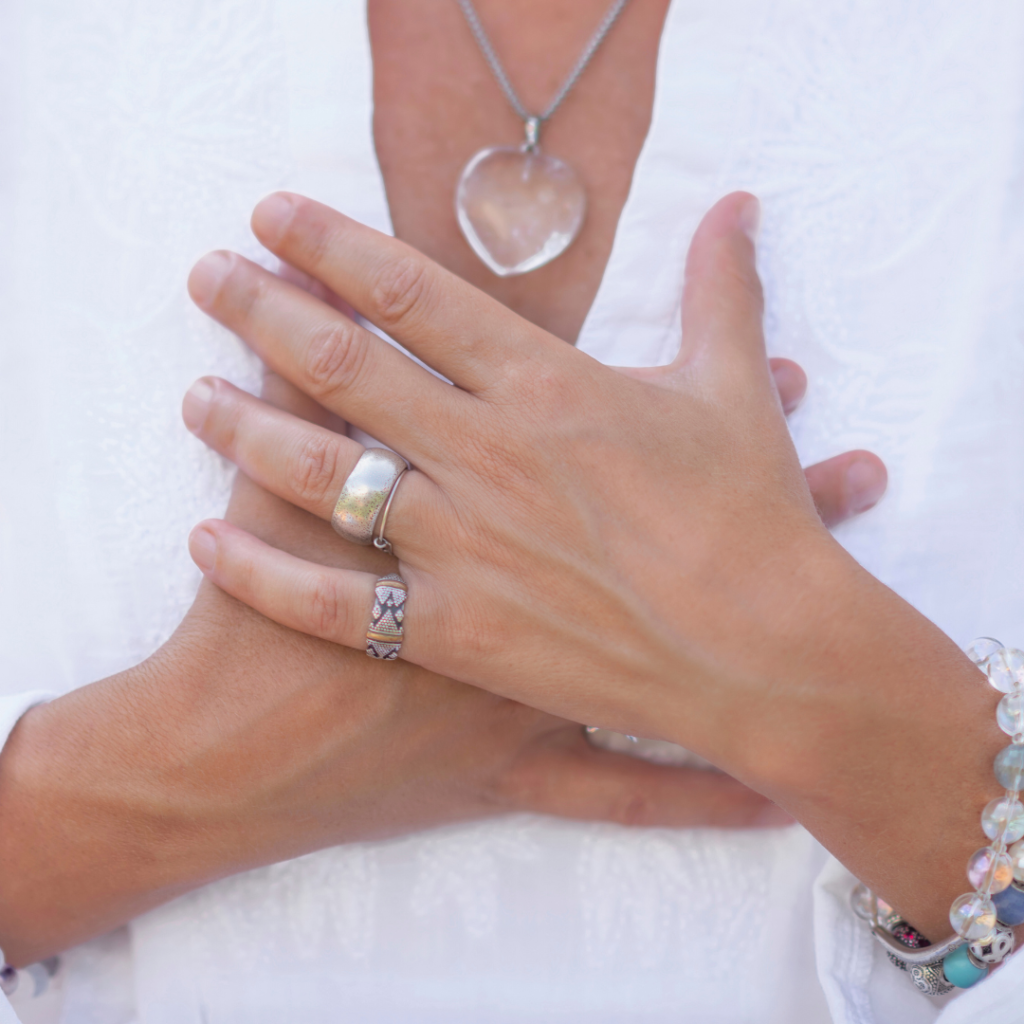
We offer individual mindful coaching sessions that bring together mindfulness meditation and coaching
FAQs
What is coaching?
Coaching is a human development process that involves structured, focused interaction and the use of appropriate strategies, tools, and techniques to promote desirable and sustained change for the benefit of the client and potentially for other stakeholders (Bachirova et al., 2018).
What is the impact of mindfulness meditation on coaching?
Hall (2013) studied the impact of mindfulness meditation on coaching using an online international survey of over 150 coaches. The survey indicated that coaches practice mindfulness to help with the following:
- Seventy-four per cent said it was useful to be more present in the moment.
- Seventy-three per cent to be more self-aware.
- Sixty-seven per cent to manage stress better.
- Sixty-five per cent to be more present with clients.
The reasons coaches explicitly used mindfulness with clients were as follows:
Fifty-one per cent to better manage their reactions and responses.
Seventy per cent said it was to help clients be more self-aware.
Fifty-nine per cent to be calmer and less anxious.
Fifty-five per cent to better manage stress and be more centred.
What is Co-Active Coaching?
The term Co-Active refers to the fundamental nature of coaching relationship in which the coach and coachee are active collaborators. In Co-Active coaching, this relationship is an alliance between two equals for the purpose of meeting the coachee’s needs. The term itself brings together the essential human qualities of being and doing.
- Who we are.
- Who we are in relationship.
- Who we are being and want to be.
- How we are actively creating
- What we are doing or not doing to achieve the results we want in life and work.
What are the four cornerstones of the Co-Active coaching we practice?
We take a bold stand for evoking transformation by exploring all that is possible for our coachees. It is not about small incremental changes; it is about calling forth of radical changes that are evolutionary.
We assert that people are naturally creative, resourceful and whole. They are not broken, do not need fixing and have their own innate wisdom about how to live their lives.
We have an attentive focus on the whole person: heart, mind, body, and spirit. The belief that people have the capacity to deal elegantly and powerfully with anything that arises.
We dance in the moment to be very present to what is happening right now and respond to that stimulus. We observe moments where the coach and coachee lead the dance yet strive for the truly co-active conversation, a rare state of connection where the leader/follower designation seems to be lost.
What is at the heart of the Co-Active Model?
From the perspective of a trained coach working with a coachee, I start with a clear commitment that the ongoing relationship between the coach and coachee exists only to address the coachee’s goals.
There are two ways to think about this. The first way is to see the day’s action as part of the big picture for the coachee’s life. The second way is to look at the specific issues the coachee chooses to work with during our coaching sessions. Coachees can bring all sorts of agenda items to their coaching. This issue of the day, week or month is about every day “l” for “life”, yet whatever the specific issue, there is a way to link it to the larger, more fulfilling Life – a link to Life-giving balance or better process.
Co-active coaching embraces the whole picture of the coachee: fulfilment, balance, and process.
The coachee’s definition of fulfilment is always intensively personal. The coaching will progress to a deeper definition of fulfilment – what fills the coachee’s heart and soul.
With so many responsibilities and distractions, and at today’s high-speed rate of change, balance may feel like an impossible dream. People are often resigned to being out of balance. Coaching for balance, focuses on widening the range of perspectives and, therefore, adding more choices.
In coaching we can fall into the “results” trap by focusing entirely on the destination and losing sight of the flow of the journey. This is process, comparable to a river, as life flows there will periods of onrushing as well as calm, steady currents and times of drifting, being stuck and even flooding and drought. The coach’s job is to notice, point out, and be with coachees whenever they are in process – providing encouragement, support and companionship.
What are the five contexts of Co-Active coaching we use?
There are five contexts that are always in play when I coach:
By listening for the meaning behind the story, for the underlying process, for the theme, we deepen the learning for the coachee’s vision, values and purpose.
By using our intuition, the coach finds the kind of knowing that resides in the background and is often unspoken.
Coachee’s are capable and resourceful and have all the answers – the coach’s job is to ask the questions, to lead to the discovery process through curiosity, which is open, inviting, spacious, almost playful.
The two products of the work the coachee and coach do together, action and learning combine to create change. Coaching forwards the action of the coachee and deepens the learning that generates new resourcefulness, expands possibilities and creates stronger muscles for change.
To deeply hold the coachee’s agenda, our coaches must get out of the way. Through self-management our coaches set aside personal opinions, preferences, pride, defensiveness, and ego. By giving up the need to look good and be right, the light shines on the coachee, not the coach.
How can a Coach help me?
When mindfulness meditation and Co-Active coaching are combined, the coachee can tap into their inner wisdom and find the answers they need. This powerful combination enables the coachee to draw out the solutions already within them, leading to greater self-awareness and personal growth in achieving your goals.
What do you need from me?
The coach and coachee work together to design an effective working relationship that meets the coachee’s needs. The coachee plays an important role in how they want to be coached, which fits their working and learning styles and is tailored to the communication approach that best works for them. The process of designing the alliance is a model of mutual responsibility for the coach and coachee. Coachees will learn they are in control of the relationship and, ultimately, of the changes they make in their lives.
What happens in a typical coaching session?
The session will incorporate mindfulness meditation practice, discuss action items from the last session and insights and then focus on your agenda. I will use coaching psychology tools or techniques to go deeper and at the end, we may suggest homework for you to do between sessions.
What are my coaching values and ethics?
What are our coaching values and ethics?
We have identified my key values of wisdom, courage, humanity, justice, and temperance. We are here to assist you in achieving your goals, and we understand that the journey can be challenging. We offer my support and guidance using mindfulness and coaching tools. It is important to us to remain true to my values and help you do the same so that we can work together towards your goals together.
Ethics are important to us as professionals, offering benefits to our clients, to ourselves, and to our profession more broadly. They ensure safety and protect our clients, help us manage boundaries, lead to higher-quality and more authentic practice, and maintain and boost the reputation of our profession. Before starting a work programme, you will receive our ethical code, which abides by the International Coaching Federation.
What mindfulness coaching qualifications do you have?
- MSc Organisational Psychology from City, University of London
- Certified Professional Co-Active Coach (CPCC)
- Mindfulness Practitioner Training Certification from the UK College of Mindfulness Meditation.
- Mindfulness Teachers | Professional Accredited Teachers of Mindfulness
- MA in in Teaching Mindfulness-Based Courses at the Centre for Mindfulness Research and Practice from the University of Bangor (in progress).
Do I have to sign a contract to work with you?
Following a consultation call and acceptance of a proposal of work, you will receive a coaching agreement with terms and conditions for our services, which we will ask you to read and sign before we start working together.
Do we meet in person or online?
We are pleased to inform you that I can offer flexible coaching options to meet your needs. Whether you prefer in-person sessions at our office or a location in central London or online coaching to reduce our carbon footprint, please let us know your preference, and we can arrange a session at a time that works best for both of us.
How often should we meet?
There is no standard frequency for coaching sessions that fits everyone’s needs. However, we will work together to establish a schedule and timing at the beginning of our coaching relationship. If necessary, we can reevaluate and adjust the schedule as we go along. Typically, clients find it helpful to apply the insights gained from coaching to their daily lives and provide feedback on the outcomes in subsequent sessions.
How much do your coaching sessions cost?
When considering mindfulness coaching, it’s important to keep in mind that the number of sessions and the coaching approach will vary based on your individual needs. It’s crucial to assess the potential benefits and decide if the investment is worth it for you. The tailored approach ensures that you receive the maximum value from the coaching.
What do past clients say about you?
We have received positive feedback from many clients and are happy to share their testimonials with you. If you would like to learn more about our services, please don’t hesitate to ask.
What happens next?
When it comes to coaching, starting with a free chemistry session is a great way to ensure that both the coach and the client are a good match for each other. During this session, we will get to know each other better, and you will have the opportunity to experience my coaching style. We will discuss your goals and expectations for the coaching process, as well as the intended outcome. This session will also give us a chance to lay out a general plan for the overall engagement, expectations for each session, and the intended homework or accountability and commitment required to attain your objectives. By the end of this powerful chemistry session, you will feel a resonance with the coaching style and be motivated to take action towards your goals. You may even say, “I want more of such conversations” or “I want to get on board with mindfulness coaching right away”. The outcome of a powerful coaching call will allow you to feel confident, committed and ready to look forward with expectancy.
